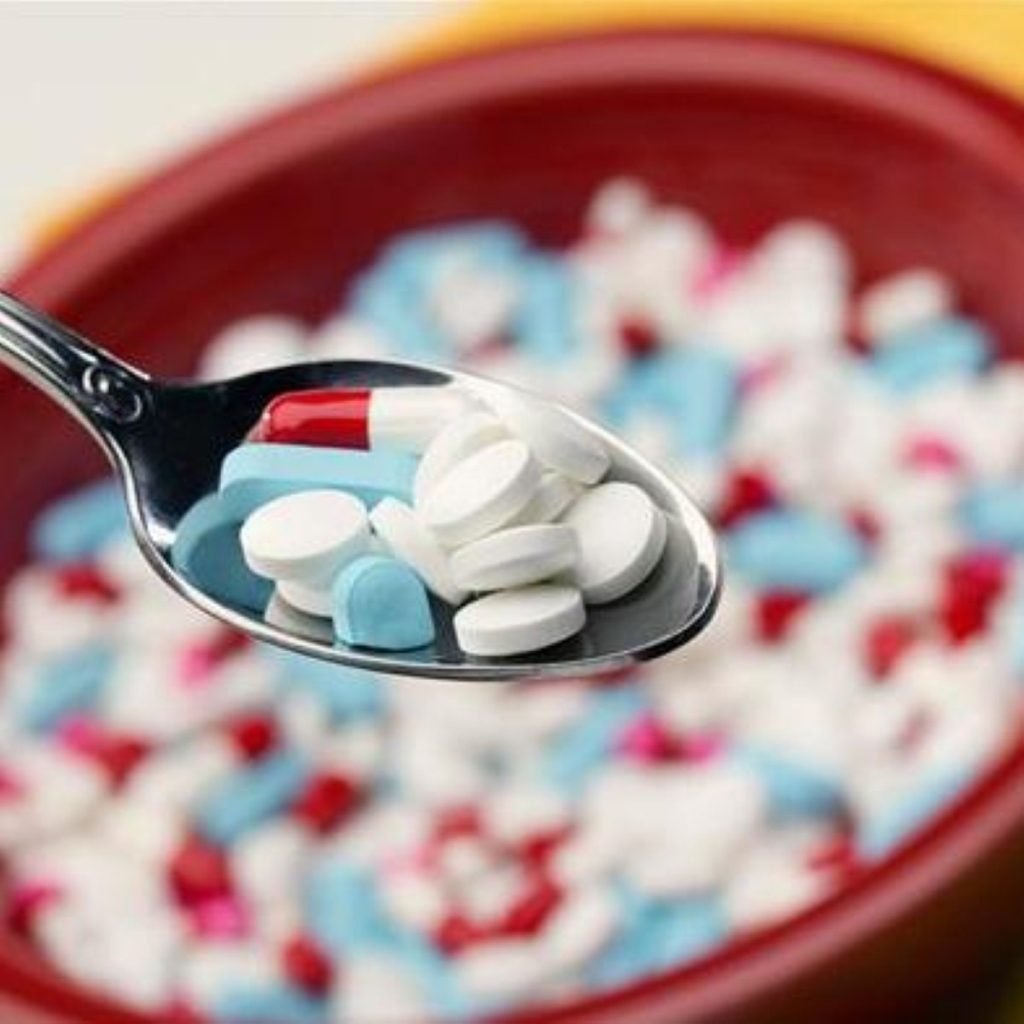Home Office defends ‘unfit’ drug policy
The government has no plans to review the drug classification system, despite new scientific claims it is “not fit for purpose”.
The current ABC classification system does not accurately reflect the amount of harm caused by different drugs and in doing so, undermines public faith in the system, scientists claim.
Research published in the Lancet medical journal found alcohol is more harmful than ecstasy, a class A drug, and cannabis.
Based on the harm caused by to individuals and society and the likelihood of dependence, a team of researchers, led by Professor David Nutt from the University of Bristol and professor Colin Blakemore, chief executive of the Medical Research Council, ranked 20 drugs on a four point scale, with three denoting “extreme risk” and zero “no risk”.


Heroin emerged as the most harmful drug, with a ‘harm rating’ of 2.7, followed by Cocaine with 2.3. Despite its legality, alcohol emerged as the fifth most dangerous drug with a harm rating of just under two. Tobacco scored 1.7, finishing ninth in the table.
Despite being classified as a class a drug, ecstasy was ranked 18th, with a harm rating of 1.1, equating to “some risk”.
The researchers argue this undermines the current classification system, prompting a review. The ABC system is distorted by a small number of adverse reactions but scare stories do not deter people from taking drugs, Professor Nutt claimed. Instead an unrepresentative drug system undermines trust in drugs policy, he argued.
Despite this, Home Office minister Vernon Coaker insisted the government had no intention of reviewing the drug classification system.
He said: “Our priority is harm reduction and to achieve this we focus on enforcement, education and treatment.
“This strategy, backed by unparalleled investment of £7.5 billion since 1998, has contributed to a 21 per cent reduction in overall drug misuse in the last nine years and a fall of 20 per cent in drug related crime since 2004.”
Nevertheless, Mr Coaker added: “The government is not complacent and will continue to work with all of our partners to build on this progress.”
The Academy of Medical Sciences is due to make its own recommendations on drug classification in the autumn and welcomed today’s report.









